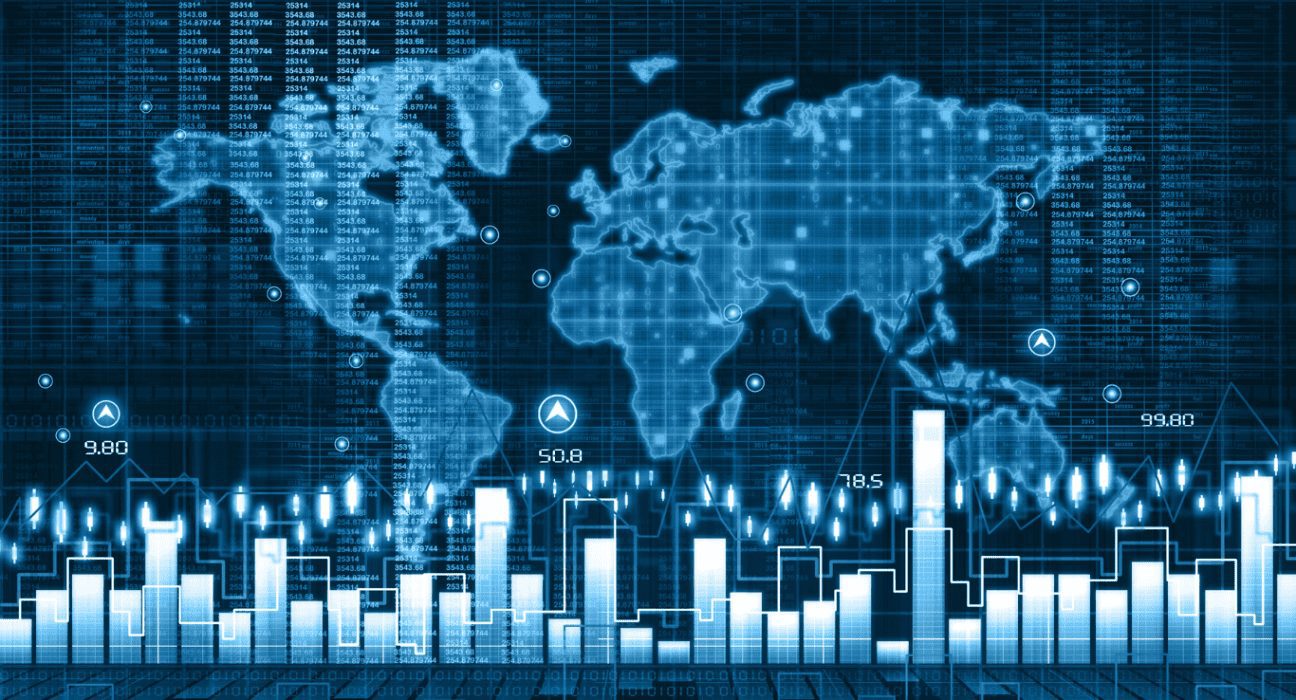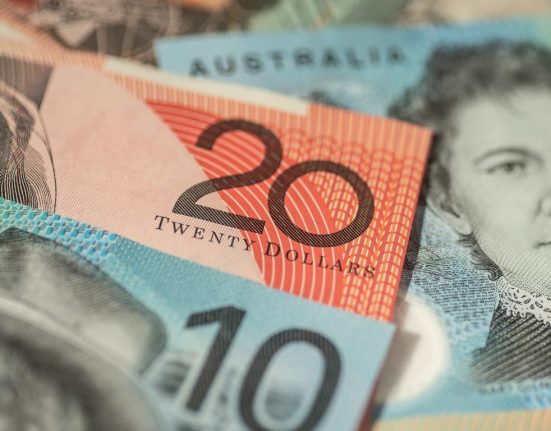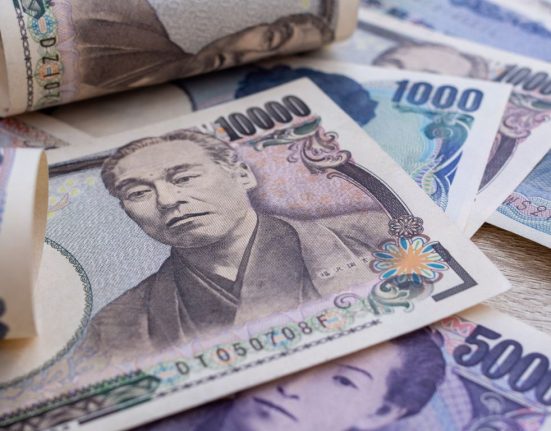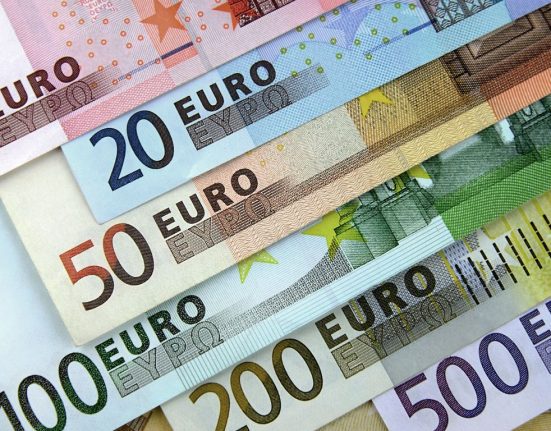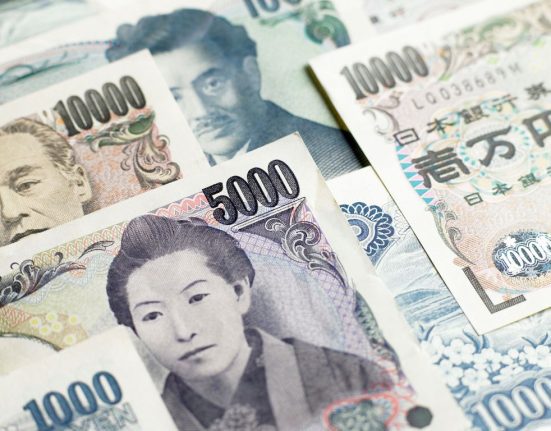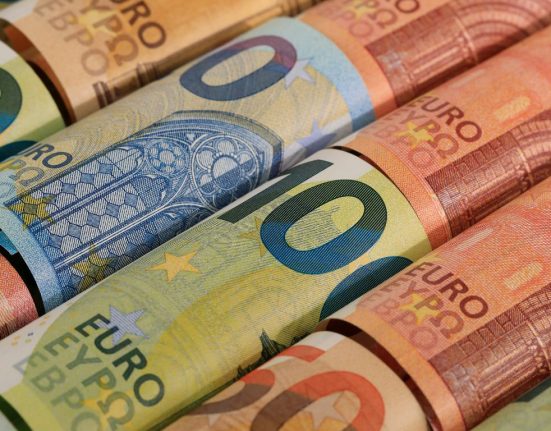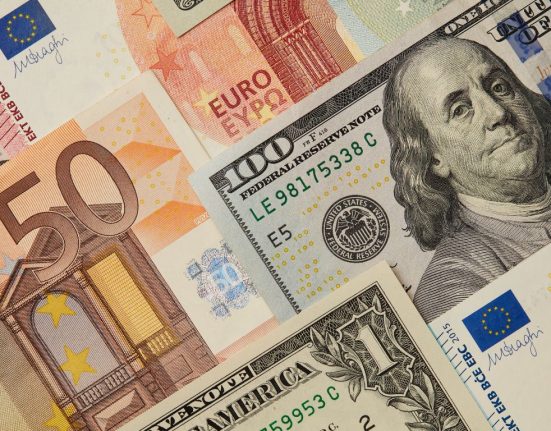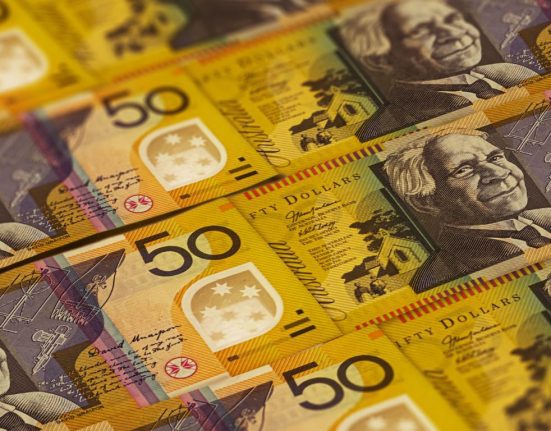Currency trading is a complex and volatile landscape, shaped by a multitude of factors including political and economic stability. As a trader, it is imperative to stay informed and abreast of these events, as they can have significant impacts on the value of currencies. In this article, we will explore the importance of monitoring political and economic stability when trading currencies and provide tips for navigating this landscape.
The Interplay of Politics and Economics in Currency Trading
Currency values are affected by a number of factors, including interest rates, inflation, and political stability. For example, if a country experiences political turmoil investors may become wary and begin to pull their investments out of the country, which can drive down that country’s currency value. On the other hand, a stable political climate and a strong economy can make a currency more attractive to investors, which can drive up its value.
The Impact of Political Instability on Currency Trading
Political instability can have a profound impact on currency exchange rates. When a country experiences political unrest–for example, if its government falls to a coup or if there are widespread protests over a new law–investors may lose confidence in that country’s economy. They may decide to pull their money out of the country and invest it elsewhere; this is called capital flight. This action can drive down the value of the currency and make it less attractive to investors. Additionally, political instability can also lead to uncertainty about the future; this can further erode investor confidence and drive down the value of the currency.
The Importance of Economic Stability
Economic stability is crucial for currency trading. A strong economy, characterized by low inflation, low unemployment, and steady economic growth can make a currency more attractive to investors; as a result, its value may rise. Conversely, economic turmoil such as a recession can make a currency less attractive to investors, which can cause its value to fall.
Tips for Navigating the Political and Economic Landscape
So, how can traders stay informed and navigate this volatile landscape? Here are some tips:
- Stay informed: Keep up to date with the latest political and economic developments in the countries whose currencies you are trading. This can be done by subscribing to news sources, following industry experts on social media, and reading market analyses.
- Diversify your portfolio: Governments and economies often change course abruptly, and the value of a currency can be subject to extreme fluctuations. Diversifying your portfolio with multiple currencies can help protect you against such risks.
- Utilize tools: A plethora of online resources and platforms are available, offering real-time insights into exchange rates and market data. Utilizing these tools can enable you to stay updated on market trends and make informed trading choices.
- Be cautious: Foreign exchange trading is a risky endeavor, as is any financial market. To make informed decisions, it is crucial to undertake thorough research and have a clear comprehension of the potential risks and rewards involved prior to executing any transactions.
Conclusion
Although political and economic stability are crucial factors that shape the currency market, traders can reduce their risk by staying informed and utilizing the tips outlined in this article. However, it is important to remember that currency exchange rates are influenced by many factors and can be highly volatile. As such, traders should approach the currency market with caution and thoroughly understand the potential risks and rewards before making any trades.
